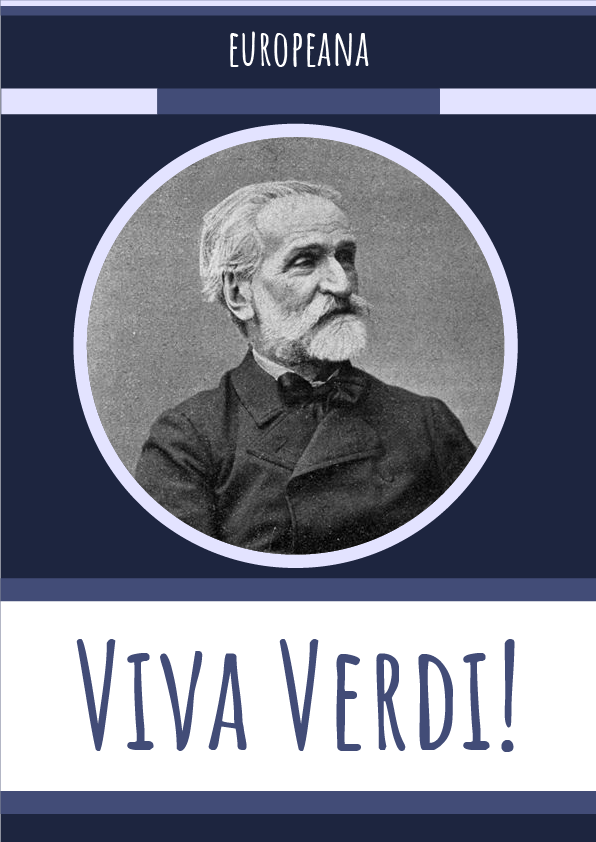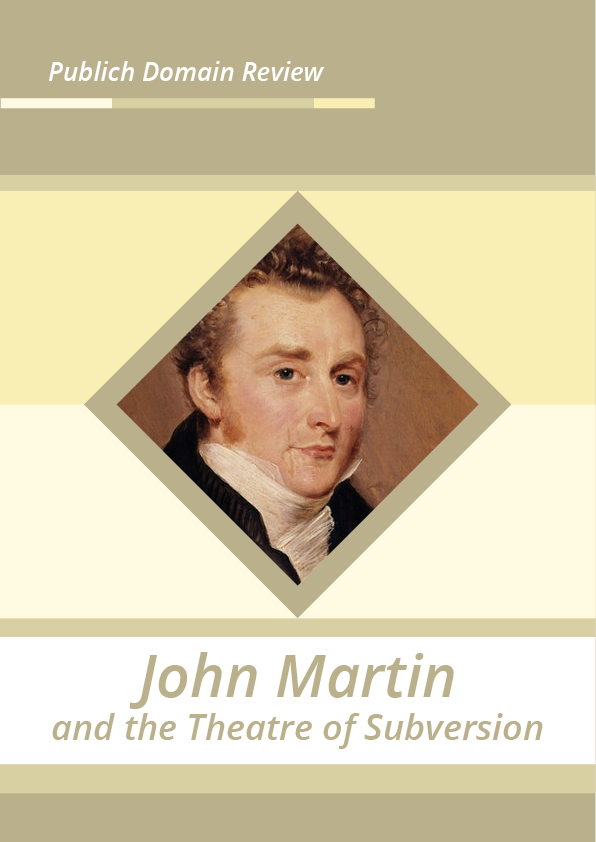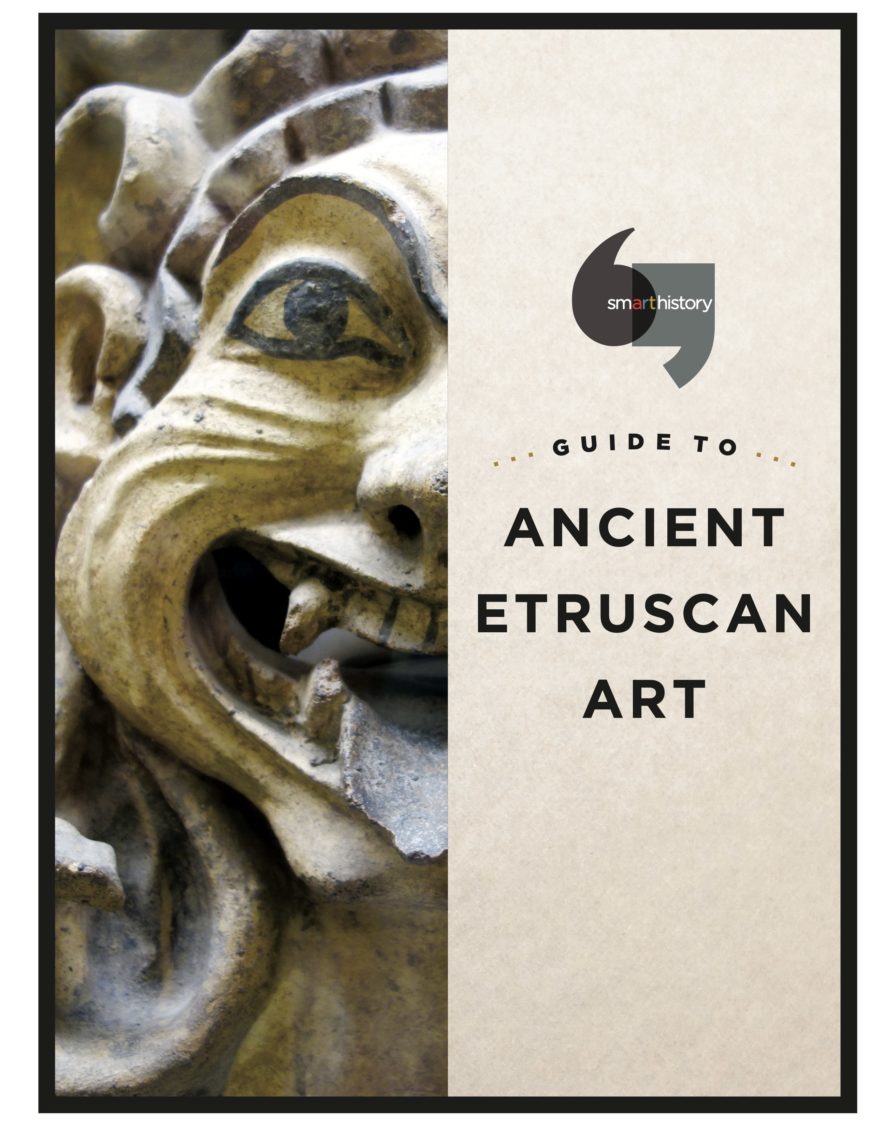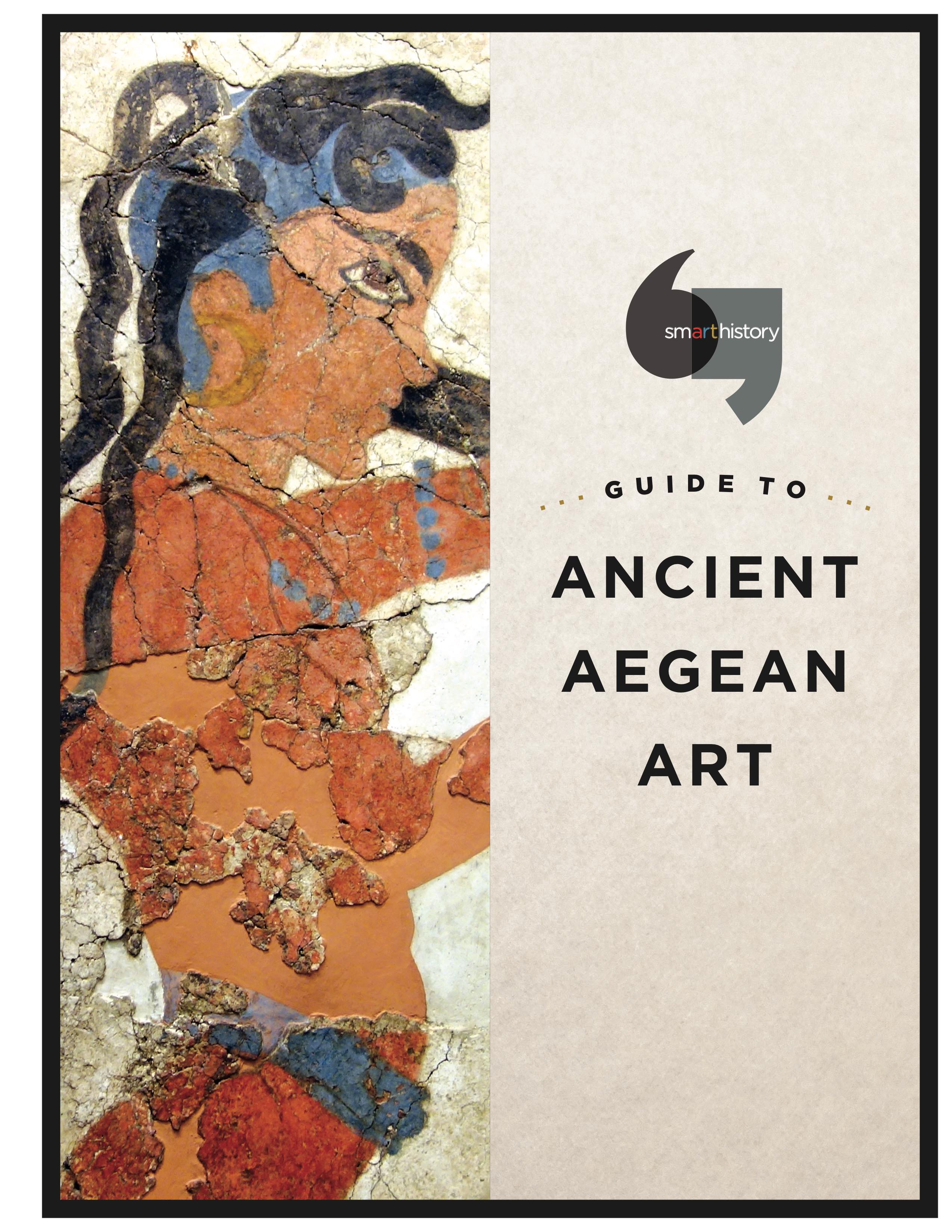Meet the composer behind the music
Verdi as a composer, Verdi and the Italian Risorgimento, Verdi as a farmer, Verdi in the movies, Verdi as national icon… How many performers can boast such a wide impact on fields other than the music? His portrait is everywhere: paintings, caricatures, postcards, stamps, dishes, cups, banknotes…
Giuseppe Verdi (1813-1901) is undoubtedly one of the most important composer ever existed and a pop idol too. People is interested in his music and personal life made of tragic moments and big popularity, passionate love with the renowned soprano Giuseppina Strepponi and attention to the political issues of his times.
Verdi’s music and personality deeply influenced the culture in a crucial moment of the Italian history. Verdi went through almost a whole century during which Italy changed from a country subject to foreign rule to a unitary state. The composer followed the process with attention. This affected his art that was not intended for a small intellectual elite of people, far away from the problems and reality, but established a dialogue with the present and the current events. The opera “La battaglia di Legnano” (1849, lyrics by Salvadore Cammarano) has an obvious political message: the expulsion of Frederick I (also known as “Barbarossa”) symbolizes the banishment of the occupying foreigners from Italy.
One of his most popular composition, “Va, pensiero”, the chorus of the third act of the opera “Nabucco” that recalls the story of Jewish Diaspora after the destruction of the Salomon’s Temple in Jerusalem, was often intended as a metaphor of the condition of Italy. Italian irredentists used the slogan “W VERDI” (long live Verdi) that means “Viva Vittorio Emanuele Re d’Italia” (Long Live Victor Emmanuel King of Italy’, which referred to Victor Emmanuel II, king of Italy since 1861).











